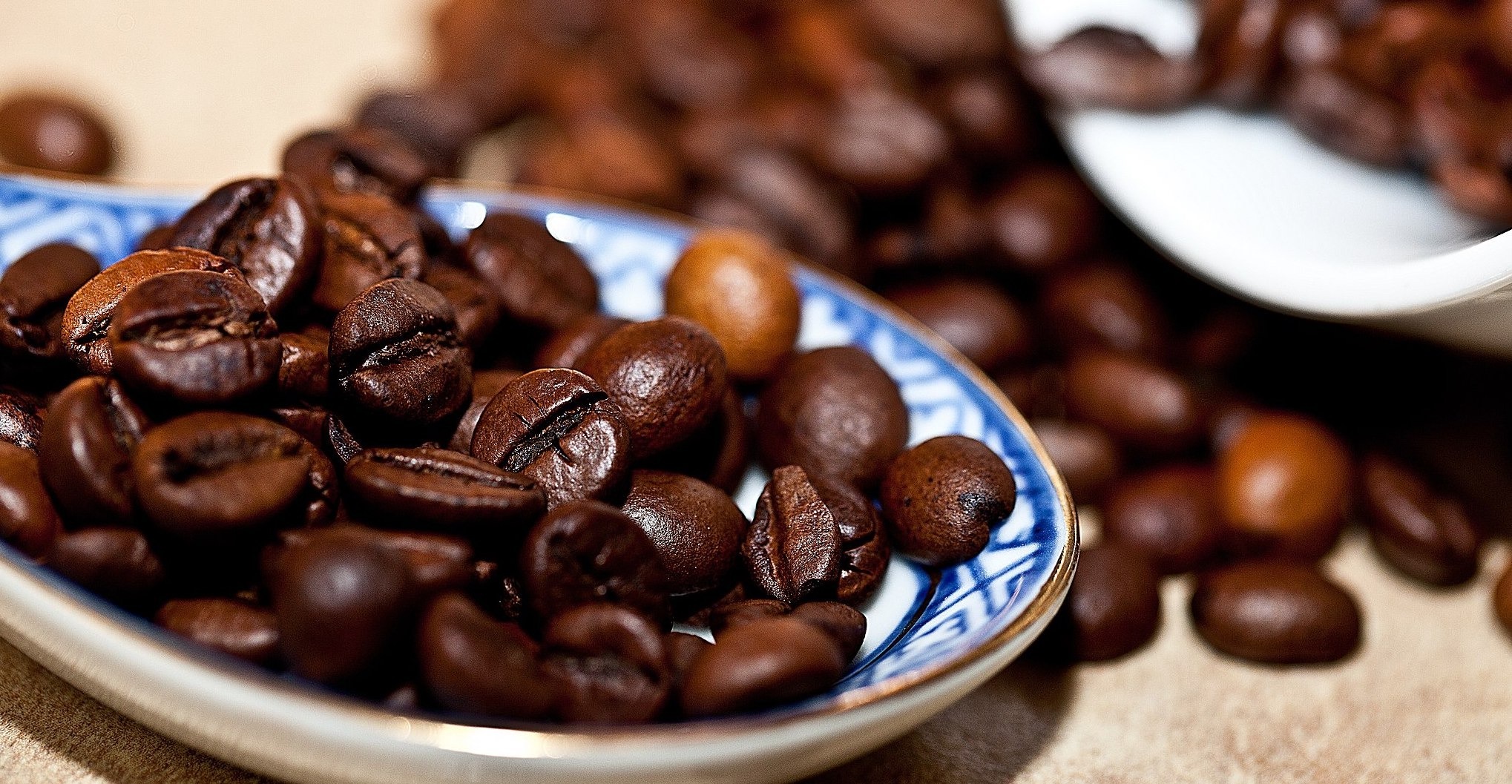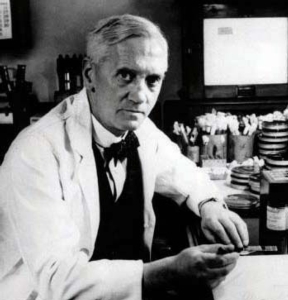
As I write this piece, my stove-top espresso gurgles and sputters. Many enjoy similar rituals, but a significant number of long Covid sufferers have found the once loved aroma of freshly brewed coffee has turned rotten. Quite literally; the smell of coffee now conjures images of decaying flesh, burnt rubbish or even faecal matter.
Loss of smell (anosmia) is a well-known symptom of Covid. The sense generally returns after a few days or weeks. But in as many as 12 per cent of cases, the recovery is mired by once familiar odours warping into new and often very unpleasant smells. This phenomena, known as parosmia, was once quite rare. Unfortunately Covid has now made it all too common. Quite why this occurs is still a matter of debate, although the leading theory is that damage caused by the infection leads to abnormal regeneration of olfactory sensory neurons.
The biological mechanism underlying Covid-induced parosmia may be unclear, but some of the culprit odour molecules have been identified by researchers at the University of Reading and University College London Hospital. Coffee along with onion, meat, egg and mint are common parosmia triggers. Dr Jane Parker and her team chose coffee as the subject of their study. They started by separating and identifying the many hundreds of volatile compounds in the brew. The individual separated compounds were then presented to a group of 29 parosmic volunteers who were asked to describe how each compound smelt, its intensity and whether it elicited a parosmic response.
Over 30 odour active compounds were identified, the most common falling into four distinct groups based on their chemical structures. The most frequent parosmia trigger was 2-furanmethanethiol: to most people this has an intense smell of roasted coffee, to the studies subjects’ it was quite disgusting.
The hope is that these results can help to understand the mechanisms underlying this strange condition and support clinicians to provide sound advice to those suffering from this common form of long Covid.
This piece is a preview from our New Humanist autumn edition. Subscribe here.

